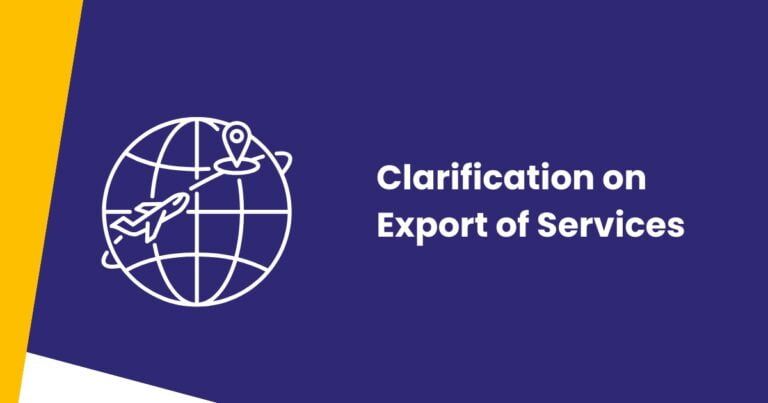Management accounting is a crucial business tool that allows managers to go beyond just looking at the numbers. It provides forward-looking information to guide strategic planning and smart decision making.
Managerial accounting differs from financial accounting because the intended purpose of managerial accounting is to assist users internal to the company in making well-informed business decisions.
Understanding Management Accounting
Financial accounting focuses on recording and preparing historical financial statements and tax documents. It shows what already happened.
Management accounting looks forward – it provides managers the information they need to make decisions that will drive future profitability and growth.
Some key functions of management accounting include:
- Planning budgets and forecasts
- Calculating product/service costs
- Analyzing profitability by segment
- Modeling scenarios for decisions
- Monitoring key performance indicators
With the right management accounting insights, managers can strategically set prices, manage costs and productivity, decide which new products to launch, and meet growth targets.
Key Tools Used in Management Accounting
Management accountants utilize different tools, systems, and analytical methods to gain valuable insights, including:
Budgeting and Forecasting
- Developing budgeted financial statements
- Detailed departmental expense budgeting
- Building sales forecasts by product line
- Updating rolling forecasts regularly
Having budgets and forecasts to compare against actual results shows areas performing well and needing improvement.
Cost Accounting
- Calculating operating costs by department
- Analyzing product/service profitability
- Using activity-based costing to trace overhead
- Identifying high vs low margin offerings
Accurate cost information helps managers understand profit drivers and make sound pricing decisions.
Financial Modeling
- Creating scenario models for decisions
- Testing different assumptions (best vs worst case)
- Evaluating new opportunities and risks
- Assessing capital investments (NPV, IRR)
Models allow anticipating how decisions or events could realistically impact financial performance.
Performance Measurement
- Setting KPIs (revenue, cost, profit, churn rate etc.)
- Establishing performance benchmarks
- Monitoring metrics with dashboards
- Identifying trends and improvement areas
The right KPIs provide visibility into progress on critical business objectives.
Management Accounting Best Practices
Applying management accounting tools effectively takes skill. Here are some key practices to follow:
Set Clear Budget Targets
- Involve all departments in collaborative budgeting
- Build in ways to track and update budgets regularly
- Tie budget goals to departmental and manager incentives
Take a Segmented View
- Track both company-wide and departmental performance
- Analyze profitability by product line, customer cohort etc.
- Use activity-based costing to allocate shared expenses
Benchmark Performance
- Research industry/competitive benchmarks for comparison
- Identify areas where metrics fall short of benchmarks
- Prioritize improvement initiatives accordingly
Conduct What-If Analysis
- Model best, worst, and most likely scenarios for decisions
- Test impacts of different cost, price, growth assumptions
- Quantify risks and opportunities highlighted by scenarios
Simplify Reporting and Sharing
- Distill data into essential, easy to digest visual reports
- Automate report distribution to stakeholders company-wide
- Promote data transparency and information sharing
Who Uses Management Accounting Information?
Many roles utilize management accounting reports and insights, including:
- Department Managers – Monitor expense budgets and KPIs
- Product Managers – Access costing data, profitability analysis
- Executives – Review performance metrics, operating forecasts
- Business Owners – Evaluate capital budgets and ROI projections
Equipped with the right information, all managers can align around growth strategies.
Conclusion
embracing the tools provided by management accountants facilitates more informed decision making across UAE organizations. Whether a local start-up or a subsidiary of a multinational corporation, leveraging these analytical capabilities allows Emirati companies to pursue smarter growth both domestically and globally. With an uncertain economic landscape ahead, deeper financial understanding is key to outperforming the competition. Partnering with qualified accounting experts specialized in this field unlocks this understanding.
So for any UAE business striving for sustainable success – from manufacturing outfits to financial institutions to retail chains – investing in management accounting capacity could provide a major edge. The insights revealed support profitable growth, tighter budgetary control, and overall commercial excellence.
FAQs
Manufacturing, banking, insurance, hospitals use extensive management accounting and costing practices. Professional services, retail, media & telecom also benefit.
Most have an accounting/finance degree. Many pursue a CMA certification covering financial planning, analysis, control, and decision support.
Prepare specialized reports/models for planning and decisions, track KPIs, analyse profitability drivers, highlight improvement opportunities, support executives.





